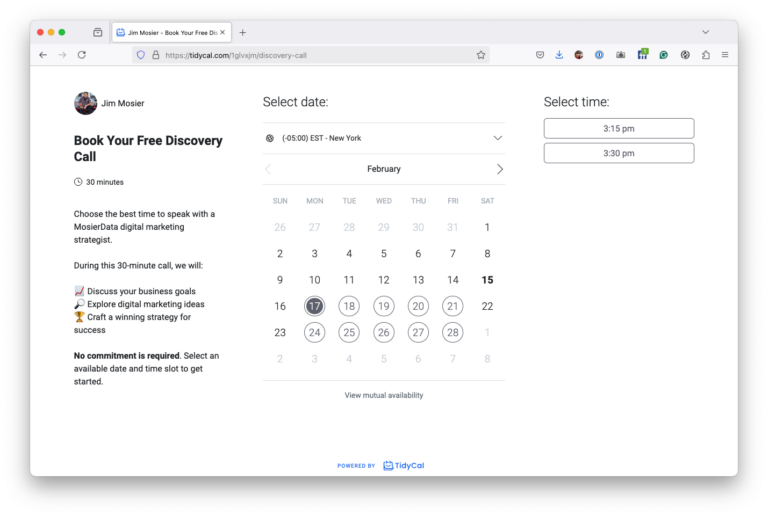
The use of digital voice assistants is on the rise.
With the more devices offering digital assistants in their software, such as Siri, Cortana, OK Google and Amazon Echo’s Alexa, the SEO field is evolving to recognize more conversational search language. We can now speak to our devices using everyday language and utilize these digital assistants for searches. People are loving the convenience of being able to talk directly to a device with simple commands and questions because it fits right in with our on-the-go lifestyles and busy schedules.
What does this mean for business owners, marketing professionals and webmasters?
You may need to adjust your SEO Strategy and PPC campaign. Here are a few tips:
- Add in conversational search terms, long-tail keywords, common phrases, and more detailed questions to your content. Your site is more likely to rank higher in search results when your content meshes well with the conversational queries people ask their digital assistants.
- Quit focusing on boring, run-of-the-mill, common information. Digital assistants are quick to fetch basic information and feed it back to search users in short form, without the need to link to your website. Instead, concentrate on authentic, industry specific, harder to find content to see more return from your SEO.
- Make your content more interesting with videos and photos. Digital assistants can’t quickly display this information on their own to web searchers. Therefore they must link back to your website to provide the visual content they are seeking. Adding more visual content like how-to videos, ebooks and infographics will help optimize your site to keep up with the change digital assistant searches are bringing.



